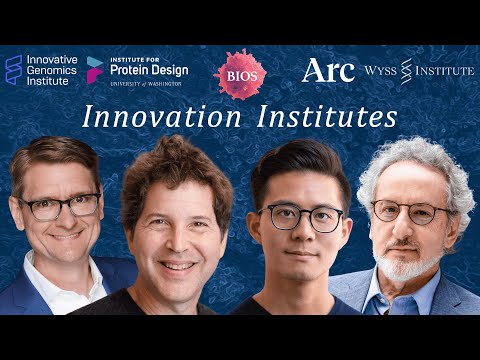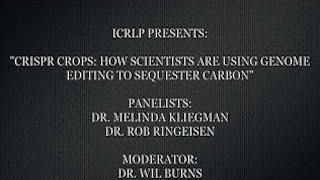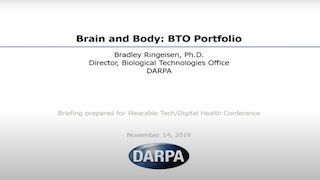
Bradley Ringeisen, PhD
“We’re trying to focus on two pillars: human health and gene therapies, as well as a net carbon neutral economy, and I think biotechnology and genomics technology specifically can play a really integral role.”
Brad Ringeisen, PhD, is Executive Director of the Innovative Genomics Institute (IGI), a cross-disciplinary institute focused on bridging revolutionary gene editing tool development to affordable and accessible solutions in climate and health. Under his leadership, IGI has continued unparalleled discovery of new genome editing tools while pushing new discoveries into real world impact through support of human clinical trials, agricultural field trials, and entrepreneurship. Ringeisen has developed IGI’s CRISPR for Climate strategy centered on three pillars: producing crops resilient to a rapidly changing climate, reducing methane and nitrous oxide agriculture emissions, and enabling carbon storage in agricultural soils. The ultimate goal of that climate strategy is to provide biotechnologies to the world that ensure food security while pausing or even reversing climate change.
Ringeisen spent four years at Defense Advanced Research Projects Agency (DARPA), most recently in the role of Director of the Biological Technologies Office where he managed a division working at the cutting edges of biology, physical sciences and engineering. Ringeisen’s office overlapped with IGI on several occasions, on the Safe Genes program, which works to develop safe and more precise genome editing tools while preventing misuse of the technology, as well as IGI’s research into innovative solutions to mitigate acute radiation sickness.
Prior to his role at DARPA, Ringeisen was the head of the Bioenergy and Biofabrication Section at the U.S. Naval Research Laboratory and spent two years developing point-of-care diagnostics for the Defense Threat Reduction Agency.
Ringeisen is a pioneer in the field of live cell printing, having demonstrated the first living bacteria and mammalian cell printing experiment using modified laser-induced forward transfer (LIFT) technology in the early 2000s. He is a named inventor on 14 patents, eight involving modifications to LIFT for biological applications. He has published more than 60 peer-reviewed manuscripts and has edited a book on cell and organ printing.
Ringeisen received his PhD in Physical Chemistry from the University of Wisconsin-Madison.










